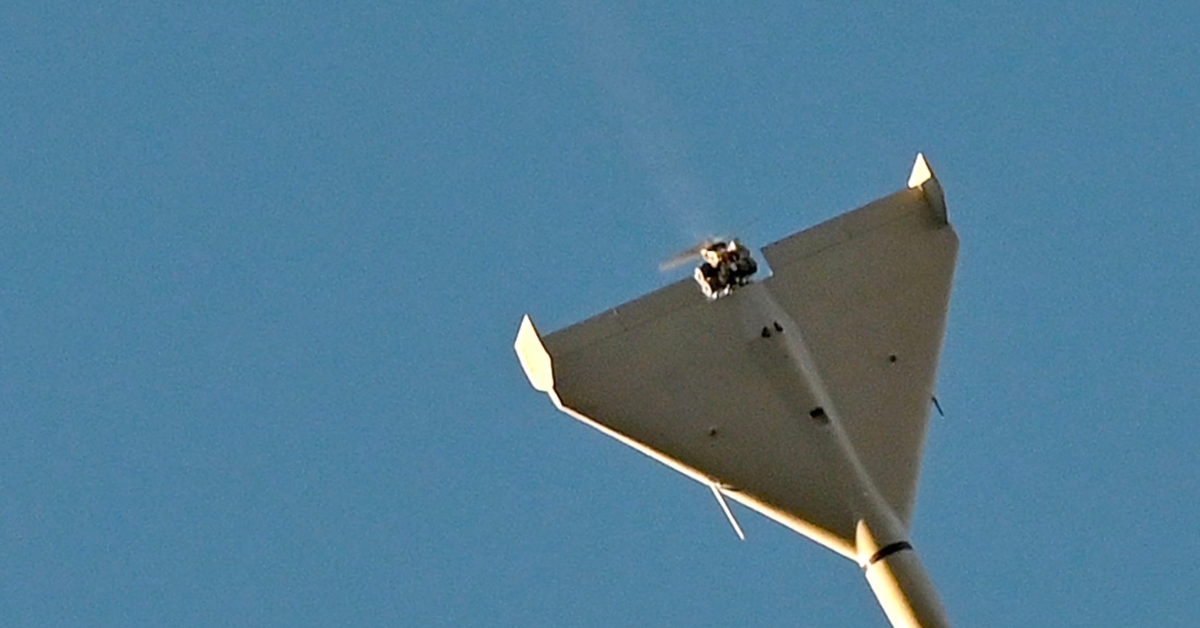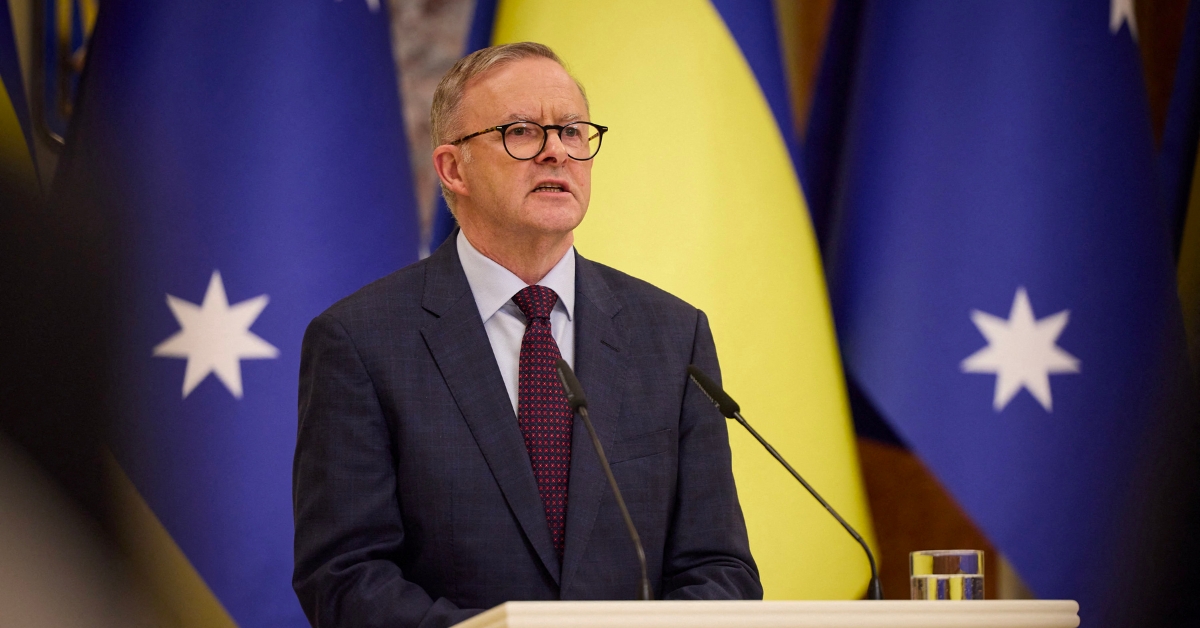In a powerful United Nations Security Council address, Ukraine’s President Volodymyr Zelensky condemned Russia for what he described as “criminal and unprovoked aggression.” The increased aggression at the International Court of Justice has become today’s top news story.
Contents
This marked his first direct encounter with Russian officials since his country was invaded. It came as a momentous occasion, shining a spotlight on the ongoing conflict.
President Zelensky asserted that Russia’s actions violated the norms of warfare and the principles enshrined in the UN Charter.
The international community watched keenly, anticipating possible interactions between Zelensky and Russian Foreign Minister Sergei Lavrov, who was notably absent from Russia’s seat during Zelensky’s speech.
A Brief on Recent Events
Earlier on the same day, Ukrainian forces struck a Russian Black Sea fleet command post near Sevastopol in Crimea, as reported by the Ukrainian military. This marked a significant development, given the strategic importance of the Black Sea region.
The Moscow-appointed governor of the city confirmed that a missile attack had been thwarted.
Some reports suggested that a “kamikaze drone” had been used in the attack, and there were indications that Russia had downed several drones in the vicinity.

It is essential to note that Russia seized and annexed Crimea in 2014, a move met with widespread international condemnation.
Separately, disturbing footage circulated on the Telegram platform, showing an inferno near the Adler International Airport in Sochi.
Fortunately, the mayor of Sochi, Alexei Kopaigorodskyi, confirmed that there were no casualties, offering a glimpse into the ongoing tensions in the region.
Ukraine’s Argument
Since the outset of the conflict, Ukraine has steadfastly maintained that Russia’s invasion was predicated on false claims of genocide in eastern Ukraine’s Luhansk and Donetsk regions.
Ukraine’s legal team, led by Anton Korynevych, argued passionately before the 16-judge panel that Russia’s actions are not just an attack on Ukraine but also a challenge to the authority of the ICJ itself.
“Russia’s defiance is also an attack on this court’s authority. Every missile that Russia fires at our cities, it fires in defiance of this court,” Korynevych declared.
He went on to assert that Russia’s pretext for aggression was a “terrible lie,” emphasizing that Russia has failed to present credible evidence to support its claims of genocide, effectively turning the Genocide Convention on its head.
Zelensky’s Call for UN Reform
President Zelensky’s address to the UN Security Council rebuked Russia’s actions and a call for reform within the United Nations.
He emphasized that 574 days of pain, loss, and struggle had passed since the start of Russia’s full-scale aggression against Ukraine.
Zelensky questioned the effectiveness of the UN, particularly in light of Russia’s continued presence among the permanent members of the UN Security Council.
In a lengthy social media thread, Zelensky highlighted his concerns about the UN’s incapability to address the crisis effectively.
He criticized the fact that the seat in the Security Council, held by Russia through what he described as “backstage manipulations” following the USSR’s collapse, had become a platform for whitewashing Russia’s aggression and alleged genocide.
Zelensky’s proposals for UN reform included expanding the membership of the Security Council to include nations such as Germany and the African Union, among others.
He argued that the epicenter of efforts to protect territorial integrity, sovereignty, and human rights and prevent aggression and genocide should be the UN’s General Assembly and Security Council.
The central point of contention raised by Zelensky was the veto power wielded by aggressor nations within the UN system. In his view, had brought the organization to a standstill in addressing the conflict effectively.
Russia’s Response
On the other side of the courtroom, Russia’s legal team, led by Gennady Kuzmin, vehemently contested Ukraine’s claims. Kuzmin labeled Ukraine’s case “hopelessly flawed” and inconsistent with the ICJ’s longstanding jurisprudence.
Russia has consistently denied the existence of a dispute, a position that Ukraine firmly rejects.
The International Court of Justice
The International Court of Justice, unlike the International Criminal Court, deals with disputes between nations rather than holding individuals criminally responsible.
In an unprecedented move, 32 Ukraine’s allies have pledged support for Kyiv’s legal arguments.
The international judges must deliberate for weeks or months before deciding whether the case can proceed. If it does, a final ruling could be years away.
Following the presentation of Ukraine’s arguments, Korynevych emphasized that all preliminary objections filed by Russia should be dismissed, allowing the court to proceed to hear the case on its merits.
The Stakes for Ukraine
In his opening statement, Korynevych underscored the gravity of the situation in Ukraine. He stated, “573 days ago, Russia launched a brutal, full-scale military assault on Ukraine.
This is a war of annihilation. Russia denies the very existence of the Ukrainian people and wants to wipe us off the map.”
International Support for Ukraine
More than two dozen European states have joined Ukraine in asking the World Court to determine its jurisdiction in the case. Germany, one of the supporting nations, emphasized its strong interest in interpreting the Genocide Convention.
All 32 states that spoke at the World Court urged judges to move the case to the merits stage.
This unprecedented show of international support for Ukraine underscores the significance of the legal battle. If the court ultimately rules in Ukraine’s favor, the country has indicated it will seek reparations.
Australia’s Humanitarian Aid to Ukraine
Australia’s support for Ukraine extends beyond the courtroom. Since the invasion, Australia has provided more than $790 million in aid to Ukraine, including $610 million worth of military equipment.

This aid underscores Australia’s commitment to assisting Ukraine and reflects the ongoing humanitarian crisis caused by the conflict.
Conclusion
The world watches closely as the legal battle between Ukraine and Russia unfolds at the International Court of Justice.
The outcome of this case could have far-reaching implications for the interpretation and application of the Genocide Convention. More broadly, for the resolution of conflicts between nations through international legal mechanisms.
The final decision may be years away. However the proceedings in The Hague represent a significant step in addressing the complex and contentious issues surrounding the conflict in Ukraine.
